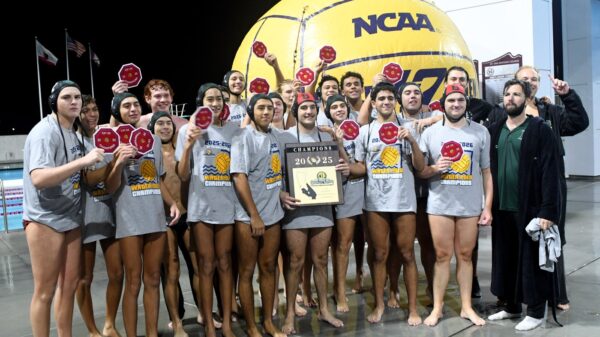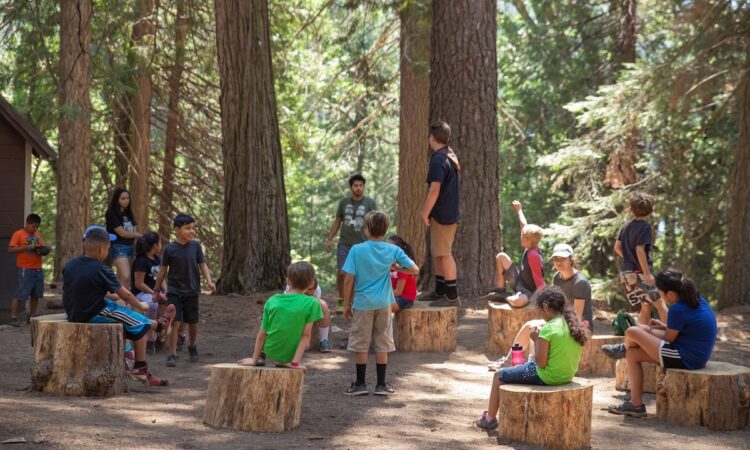In a striking reminder of organizational culture’s importance, a recent end-of-camp talent show showcased lessons that resonate deeply within corporate environments. Held in an auditorium filled with enthusiastic children and supportive parents, the event highlighted how a positive atmosphere can be cultivated through intentional actions and shared experiences. Observers noted that the vibrant energy in the room could inspire many local businesses striving for similar engagement.
Lessons from Camp: The Importance of Intentional Culture
During the talent show, the audience demonstrated palpable admiration and encouragement for each performer. This collective support reflected the strength of the camp’s culture, which was built over more than eight weeks of shared experiences. Kids developed unique acronyms, secret handshakes, and unwritten rules that fostered a sense of belonging and commitment. This environment is not accidental; it requires considerable effort to establish values, ambitions, and behaviors that resonate throughout the organization.
The commitment to positive culture was evident in the choices made by both the children and their camp counselors. For instance, parents and kids alike chose to engage fully with the event, opting to watch the performances rather than checking their devices. Performers took the stage with confidence, showcasing their talents in front of over 400 peers. Even after numerous acts, the audience maintained their enthusiasm, cheering for each child as if it were the first performance.
These choices reflect a broader principle: culture is not a static entity but an ongoing process shaped by countless small actions and decisions. It is further reinforced by the behaviors modeled by leaders. Throughout the camp experience, children observed their counselors responding to challenges with empathy and solutions, which in turn encouraged similar behaviors among the campers.
Applying Camp Culture to Corporations
Companies seeking to replicate this successful culture can draw several lessons from the summer camp experience. First, it is crucial to ensure that organizational values are clear, consistent, and understood by all employees. This clarity allows individuals to align their actions with the company’s goals.
Organizations should also establish norms that reward desired behaviors, fostering a supportive environment. For example, reward systems such as recognition for teamwork or innovation can help reinforce positive actions. Additionally, leaders must prioritize modeling these behaviors in both significant and everyday moments.
Another key component is integrating these elements into the fabric of the organization rather than treating them as separate initiatives. Culture should be woven into daily operations, creating a sense of continuity and commitment among employees.
In conclusion, the vibrant atmosphere of a talent show serves as a powerful reminder of how intentional efforts can shape organizational culture. By embracing the lessons learned from summer camp, CEOs can create workplaces that not only foster positive interactions but also drive success through engaged and committed teams.






































































